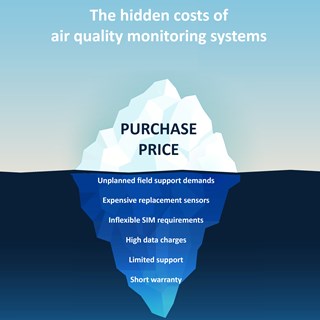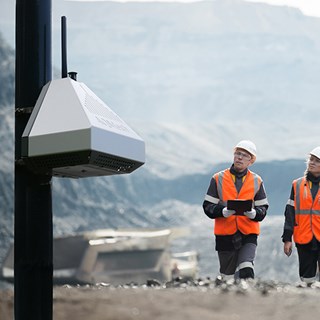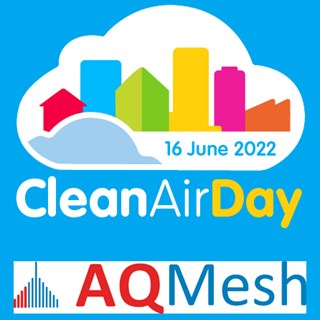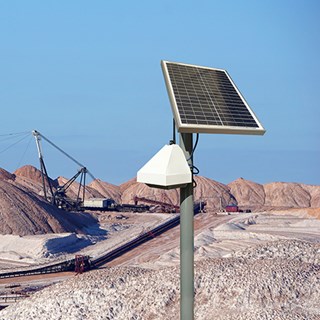Anybody in the market for purchasing a small sensor air pollution monitoring system will need to consider budgets, but it’s not always obvious how the products being reviewed actually compare across their full operational life. A small sensor air quality monitoring system or network can be a significant purchase, so whether project-based or with ongoing monitoring in mind, it is likely that the equipment will be in use for several years. There are six main areas of cost highlighted here, all of which kick in after initial purchase.
Read MoreIf you are considering - or are at the point of buying - a system for local monitoring of air pollution, we have used our decade of experience to offer lists of points to consider. Why more than one list? The critical issues around air quality monitoring vary depending on your project, so we have prioritised points for a range of applications. We hope we have included yours, but please contact us if we can help further.
Read MoreAQMesh has been long established as the most proven small sensor system for the air quality monitoring market. With an ever-increasing suite of measurement options and proven performance in the harshest environments, AQMesh is ideal for industrial applications.
Read MoreAQMesh is currently being used in a number of air quality monitoring initiatives by a range of users. Across the UK, for which today is its annual Clean Air Day campaign, there are a number of pods deployed outside schools, being used by ambulance services, installed at metal foundries and at railway stations.
Read More2022 has seen AQMesh taken up as a proven and flexible air quality monitoring system by more users, including several in mining and construction. New users include mining operators in the Middle East and Africa, and construction companies in Italy, UK and Canada.
Read More











